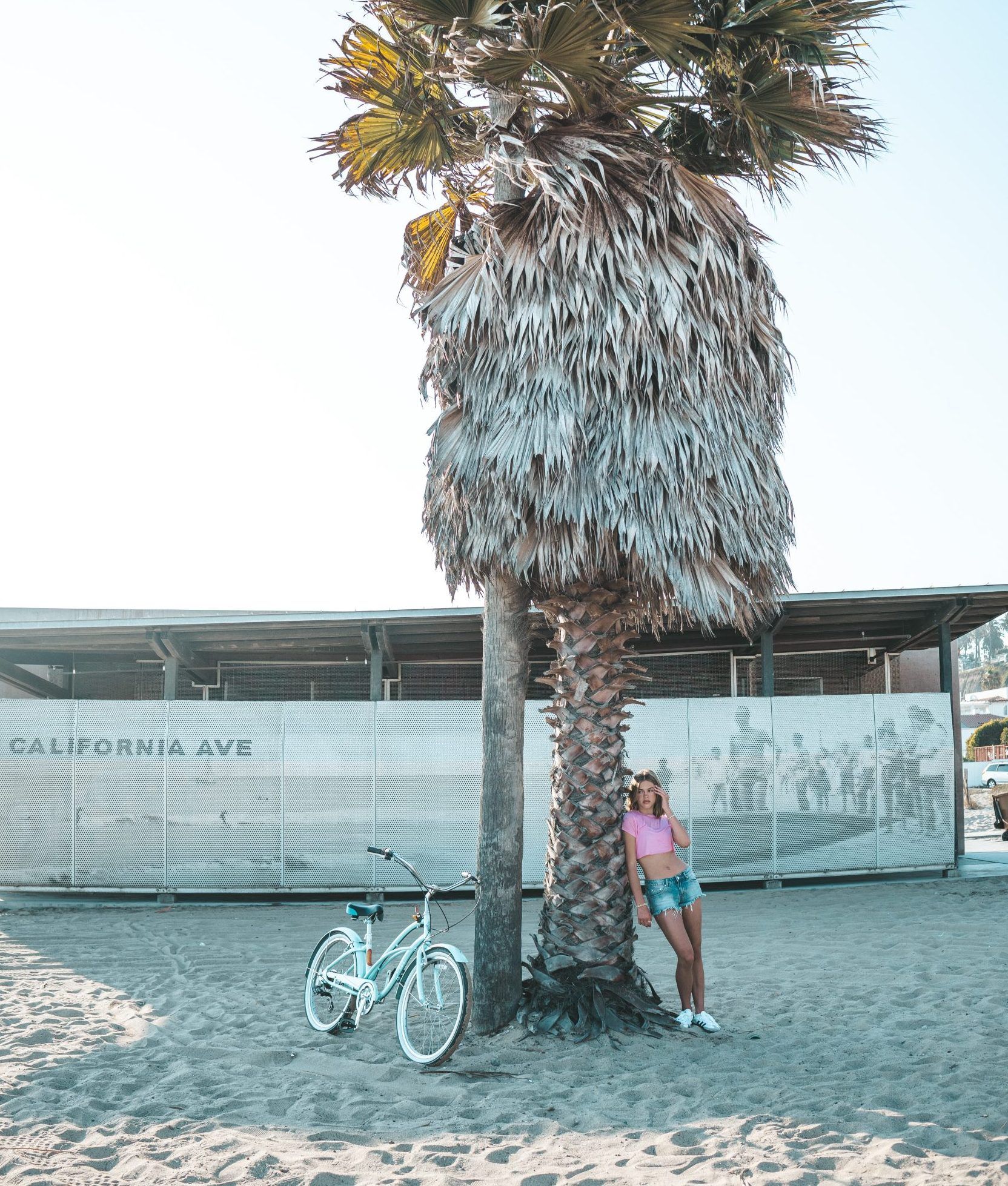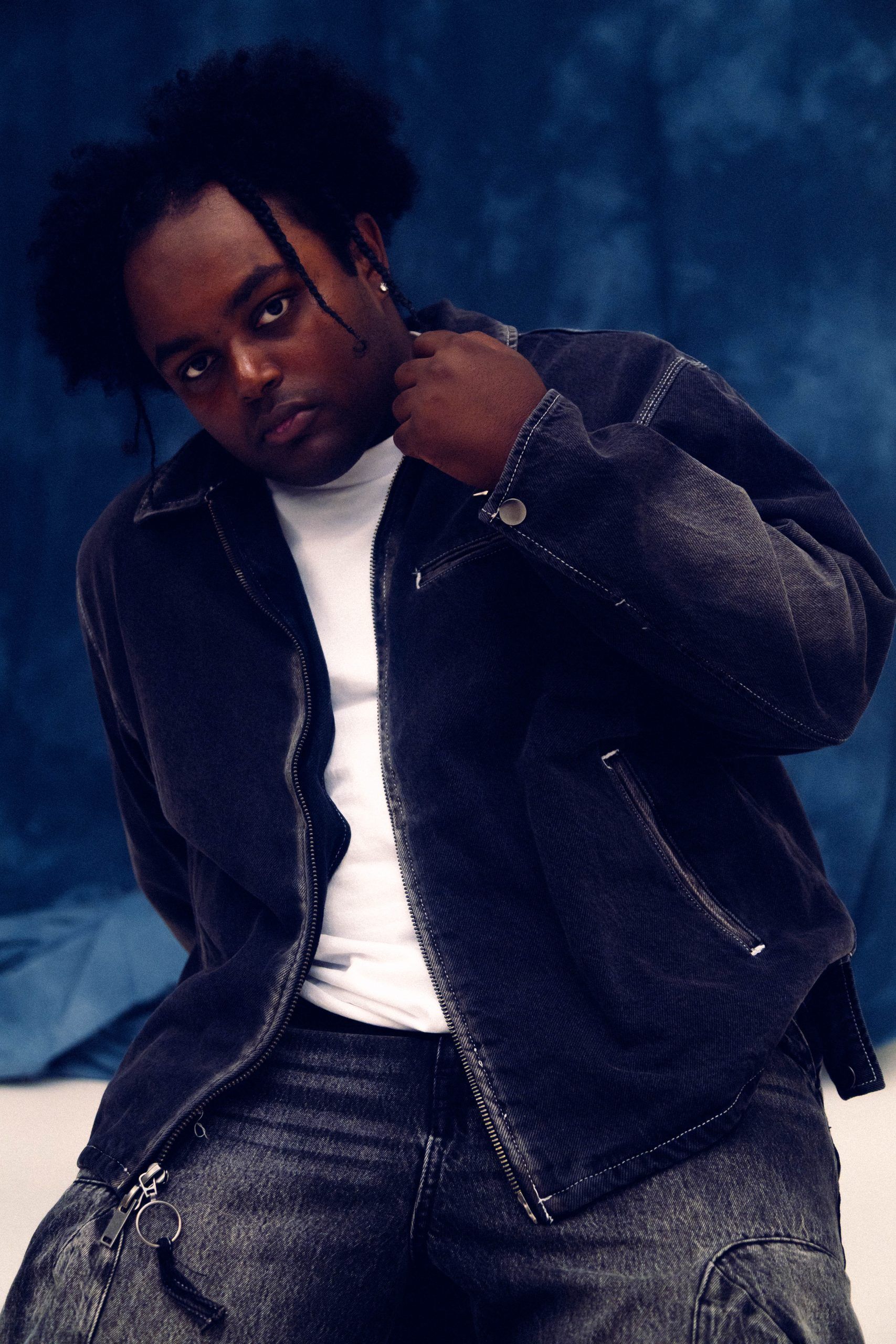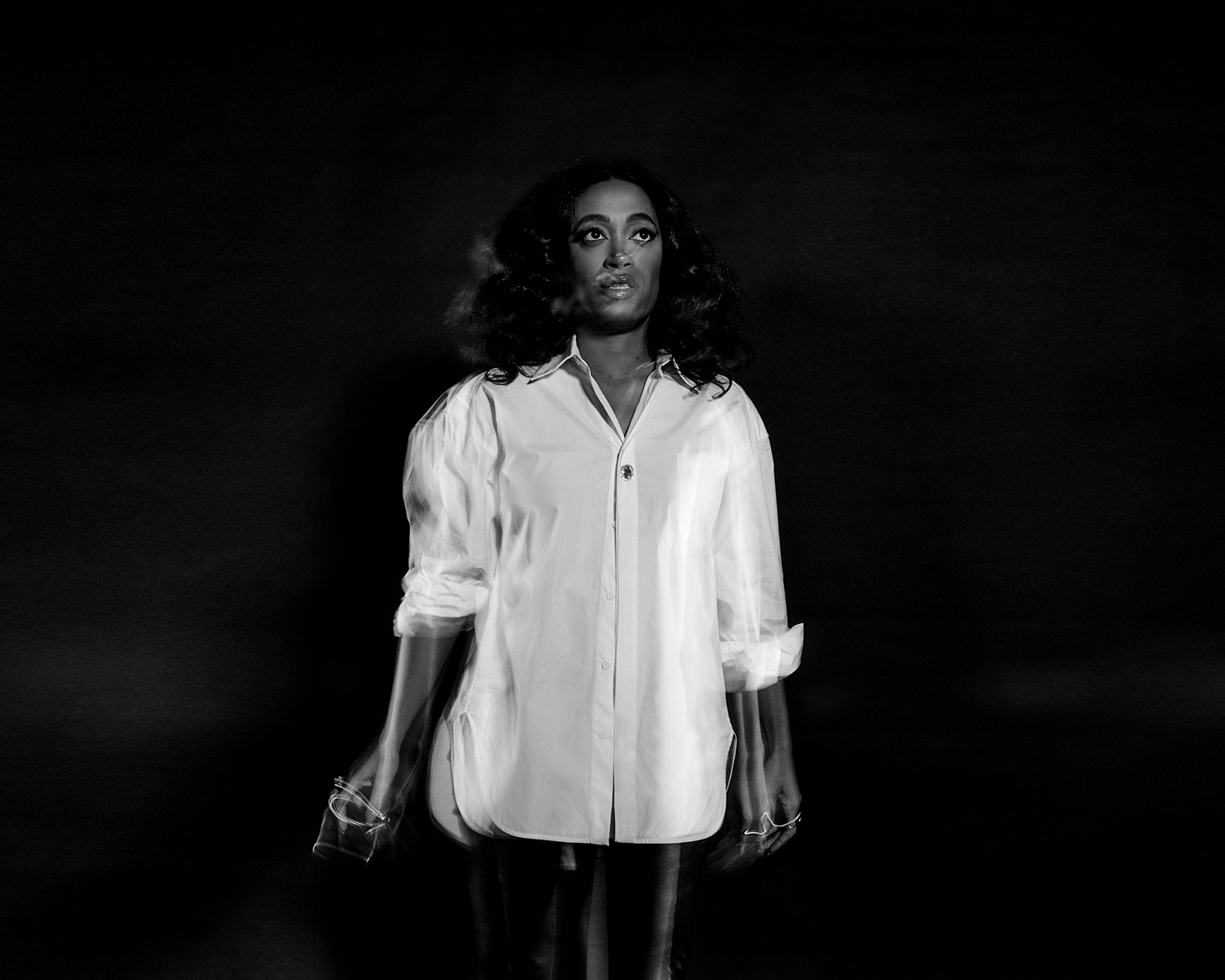
Source: Pexels.com
Music doesn’t always start where you think it does. Sure, today you hear it blasting from arenas, streaming apps, and car stereos.
But some of the most powerful sounds we’ve got were born in the quietest, roughest places. The Mississippi Delta Blues wasn’t about fame or industry—it was survival. A way to turn heartbreak, exhaustion, and raw living into something you could actually carry.
Picture a dusty road, a front porch, a guitar missing a string. Someone starts playing—not polished, not perfect, but honest. Neighbors gather because they get it. They feel it.
That was the blues in its earliest form. And the wild part? That same energy hasn’t just stuck around—it’s built the foundation for nearly every modern genre we listen to today.
The Birth of a Delta Blues: Where It All Began
The Mississippi Delta in the early 20th century wasn’t glamorous. It was farmland, long hours, and heavy stories waiting to be sung. Musicians took work chants and spirituals, bent them into guitar chords, and spilled their lives into song.
Musicians like Son House and Charley Patton didn’t just play—they testified. With a slide across steel strings or a moan that felt ancient, they turned struggle into art.
According to the Delta Blues history preserved in Mississippi today, those early songs carried themes of resilience, heartache, and resistance. Played in juke joints, on porches, or at late-night gatherings, the music gave people something to hold on to.
And here’s the thing: the simplicity is what made it powerful. A single guitar, a steady rhythm, a voice that cracked at the right moment—that was enough to move a whole room.
The Great Migration Moved the Sound North
When families packed up and headed to cities like Chicago and Detroit, they took more than suitcases. They took songs. Those songs had to adapt to new rooms—crowded clubs and noisy streets—so they amplified, plugged in, and grew teeth. Muddy Waters and Howlin’ Wolf carried Delta phrasing into electric blues and set the city stages on fire.
What’s interesting is how the music kept its bones even as it bulked up. The porch confession became an amplified proclamation. And because it changed with the people, it kept growing.
British Obsession and Rock’s Evolution
A funny twist: the Delta had to leave America before America fully realized it. British musicians in the ‘60s devoured blues records like contraband. The Rolling Stones named themselves after a Muddy Waters song. Clapton practically lived inside Robert Johnson’s catalog. Zeppelin stretched blues riffs until they became stadium earthquakes.
That obsession gave birth to rock as we know it. Distortion, swagger, massive crowds—all of it still leaning on Delta roots. Underneath the noise, you can always hear that first bent note.
Ripples Through Soul, R&B, and Hip-Hop
The blues didn’t just shape rock. It slipped into soul and R&B, too. Ray Charles fused gospel’s joy with the blues’ ache. Aretha Franklin’s voice? Every note carried that same Delta depth—grief and triumph rolled together.
And hip-hop, though built on different tools, echoes the blues spirit. The beats may be sampled, not strummed, but the storytelling is the same. Struggle, pride, survival—it’s all there.
You can trace a straight emotional line from a bluesman repeating a sorrowful refrain to a rapper spitting bars about life in his neighborhood. Different time. Different instruments. Same truth.
A Living Legacy
The Delta Blues isn’t some relic tucked away in dusty records. It’s living history. Every time you hear a guitar solo, a soulful cry, or a raw verse that makes you stop and think—you’re hearing its fingerprints.
Music today would sound hollow without it. And maybe that’s the biggest testament of all: a sound born from hardship became the backbone of joy, rebellion, and everything in between.
Let’s be honest—the world didn’t just listen to the Delta Blues. It never stopped.




